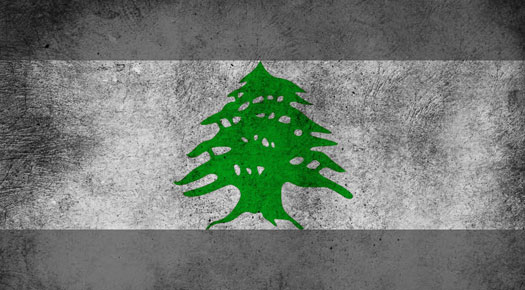
After Lebanese president Michel Sleiman’s term came to an end on May 25, he left behind a vacuum that many fear could further affect the influence of Christians in a turbulent regime consumed with sectarian infighting.
In Lebanon, there is much religious divide between different religious groups, with Shiite Muslims receiving support from Iran, Sunnis being back by Saudi Arabia and Christians being left to fend for themselves. Yet, Sleiman’s former post has traditionally been occupied by a Christian and after the parliament made five unsuccessful attempts to cut a deal and fill the presidency, a deadlock emerged in the political scenario. The deadlock is seen worsening both social and political polarizations in Lebanon as well as weakening the Christian community in the Middle East, where their numbers are already on a decline.
“With Lebanon you can never tell when the combination of internal struggle and external regional struggle will fuse together in a combustible way. The more instability and insecurity in Lebanon, the more likely there will be violence in car bombs and potentially worse,” says New York University Middle East expert Mohamad Bazzi.
U.S. ambassador to Lebanon, David Hale, urged the country to seize the opportunity and elect a new president without making space for other countries to dictate the results.
“The Lebanese people need leadership made in Lebanon. The price of power is simply too high. The United States supports this Lebanese process,” he said.
According to the Taif Agreement that brought an end to Lebanon’s civil war (1975 – 1990), Maronite Christians, who had traditionally held the presidency as well as appointed the government, retained the position of head of state but were compelled to hand over the leadership of the government to Sunni Muslims. While the president has the power to make recommendations for top military posts and sign international treaties, he requires the approval of the prime minister’s cabinet for every decision. Traditionally, a Shiite has always held the position of the speaker in parliament.
This arrangement of sharing power between Christians and Muslims was based on the demographics of Lebanon in 1989 after more than one million Christians emigrated from the country during the civil war. Today, militant group Hezbollah along with some Christian political allies constitute more than one-third of the cabinet seats in the Lebanese government. This consolidation of power gives them the ability to overthrow the government.
Lebanon has already lost important aspects of statehood to Hezbollah, which has its own military and foreign policies. The group’s political camp has hindered several parliamentary sessions to elect a president, demanding a “consensus candidate” rather than a “provocative candidate” that the Sunnis seem to favour. The Christians, who are eyeing presidency on the other hand, belong to rival camps as well. Samir Geagea, head of the Lebanese Forces is backed by Saudi Arabia and Michel Aoun, leader of the Free Patriotic Movement is backed by Iran and Syria.
“Difficulty at filling the post of head of state, which takes a two-thirds majority in parliament, is not new to Lebanon… Christians play a role of moderation in Lebanon,” says popular Lebanese Christian politician Ziyad Baroud, who served as minister of interior and municipalities for two consecutive governments.
Despite ongoing sectarian problems in Lebanon, Baroud believes that moderate Christians, Druze, Sunni and Shiite Muslims will work together to build a democratic country. A long list of political figures including mayors, prime ministers and presidents have been assassinated over the years and commoners believe it can take weeks, even months, before a president is elected.
“I don’t have fear… The fact that we are still in Lebanon and feel something can be done is what matters. It is not about rational thinking, it is about feelings,” said Baroud.
